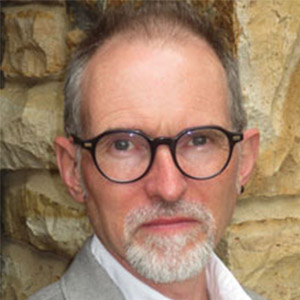Teaching
In my courses on American, Modern, and Contemporary art I stress the connections between art and contemporaneous culture. This means considering how issues of tradition, education, identity, politics, faith, desire, and labor shape the production of art, and, in turn, how art shapes our knowledge of these issues at specific times and places. All of my courses feature a significant writing component. We make the art our primary evidence, subject it to close analysis, support our interpretation with archival materials, and augment this with the perspectives offered by critical theory. Through writing, and re-writing, we find that our looking and thinking are sharpened significantly, while our insights are made available to others for their consideration. With each passing semester I find that my understanding of art deepens due to the good work of my students.
Research
To my mind there is little difference between teaching and scholarship, as both are about the pursuit and production of knowledge. The interdisciplinarity that marks my teaching also characterizes my research and writing. For the past twenty-five years I have focused on the varied ways artists in the second half of the twentieth century furthered the modern call to be of one’s time. My concern is to investigate how artists took a visual vocabulary, formed with profound knowledge of the past and acute sensitivity to the culture of the present, and used it to confront experiences and issues germane to their moment. In the course of my work this has led me to examine the resurgence of the nude in relation to the sexual revolution (The Nude in American Painting, 1950 to 1980, 1998); to think about the ways Pop art confronted the cultural, economic, and political history of the 1950s and 1960s (Pop Art, 2000), to investigate one artist’s response to the experience of combat in World War II and Korea (H.C. Westermann at War: Art and Manhood in Cold War America, 2004); and to chronicle American artists’ opposition to war (American Artists Against War, 1935-2010, 2015).
Other
I was born and raised in Philadelphia, did my undergraduate work at Gettysburg College, and my doctorate at the University of Delaware.
When I was ten I lived in England for about six months, and while there developed a love for the game Americans still insist on calling soccer.
I can’t imagine life without music.
John Cage was right when he suggested beauty is under foot.
Education
University of Delaware (Doctorate)
